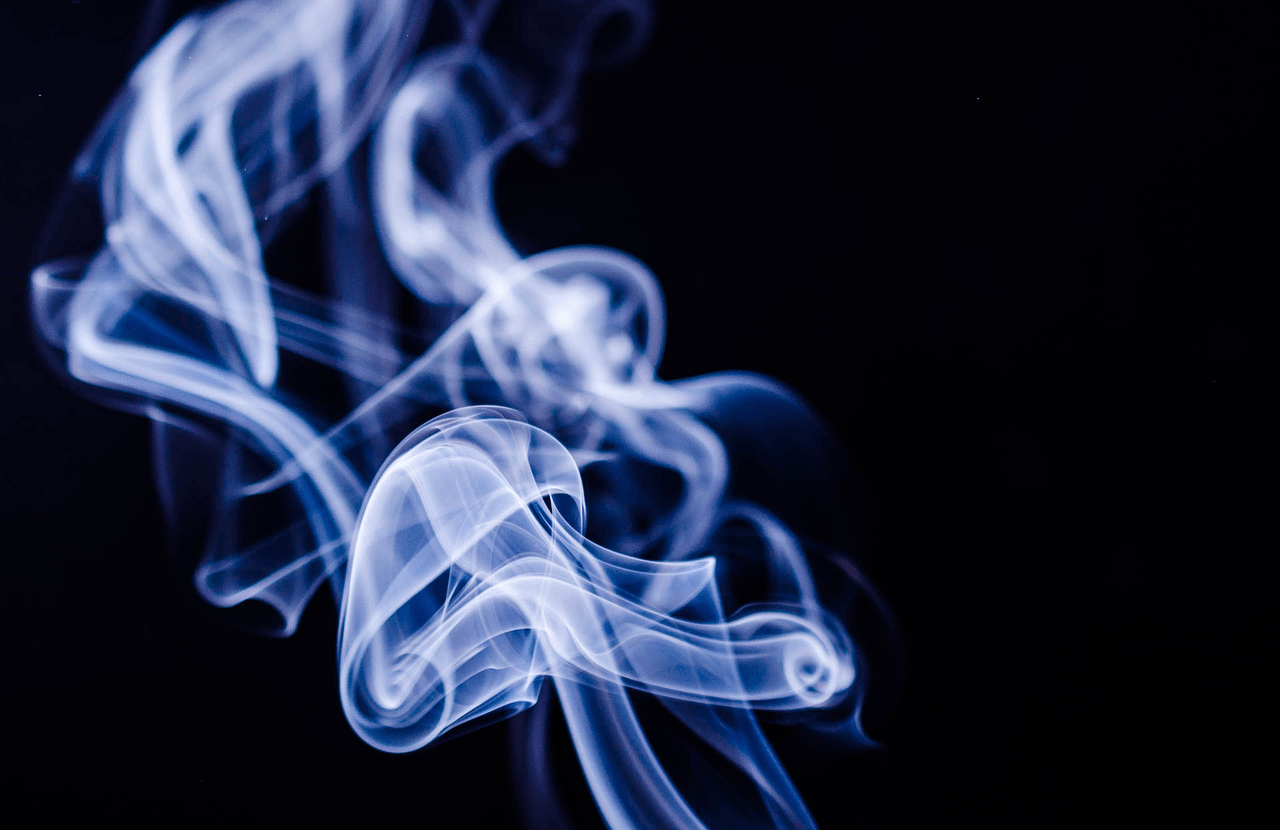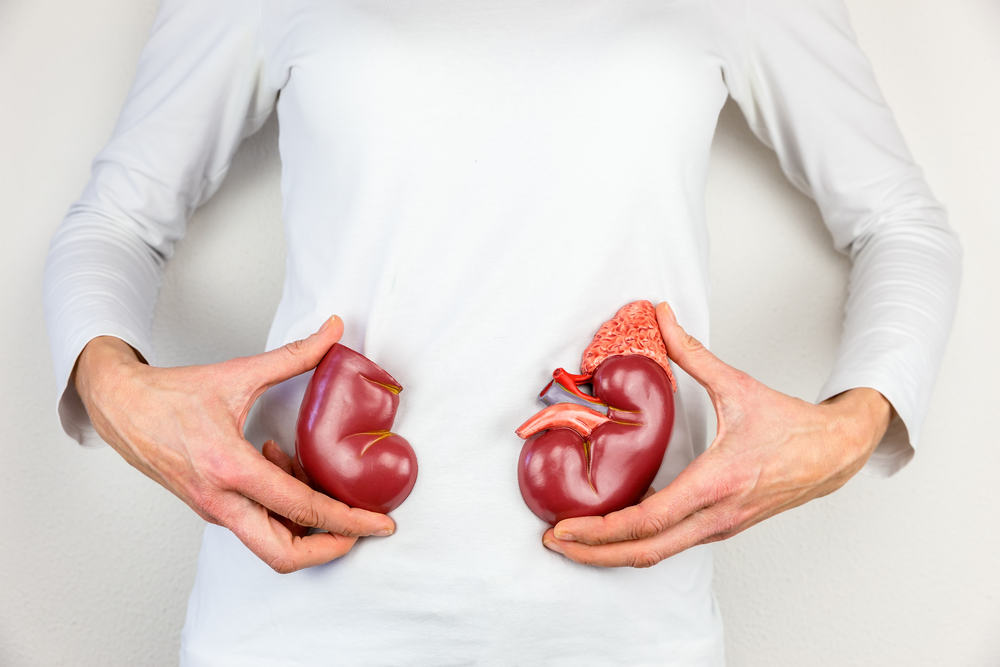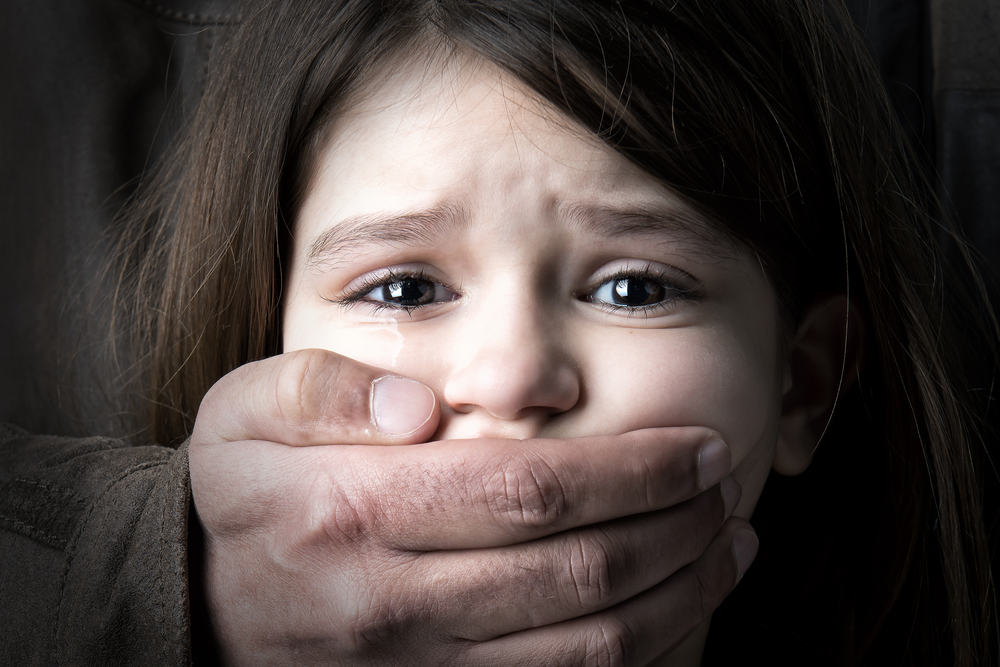Contents:
- Medical Video: Non-Smokers Getting Lung Cancer
- Factors that make non-smokers lung cancer
- 1. Radon gas
- 2. Passive smoking
- 3. Asbestos
- 4. Air pollution
- 5. Descendants
- 6. Gene mutation
- Non-smokers can reduce the risk of lung cancer
Medical Video: Non-Smokers Getting Lung Cancer
Lung cancer is the most deadly type of cancer in Indonesia, according to WHO. Although smoking is a debatable cause of lung cancer, not all cases of lung cancer occur in smokers or former smokers. A number of conditions have been identified that will increase the chance for non-smokers to develop lung cancer. What are the factors that can make people not smoke affected by the deadly disease? Let's see more below.
Factors that make non-smokers lung cancer
1. Radon gas
The main cause of lung cancer for non-smokers is exposure to radon gas, according to the US Environmental Protection Agency (EPA). Radon gas is a naturally occurring gas that forms when uranium decays and usually occurs naturally outdoors in harmless amounts, but it sometimes becomes concentrated in homes built on land with deposits of natural uranium. Studies have found that the risk of lung cancer is higher in people who have lived for years in a house contaminated with radon.
Those who smoke and are exposed to radon have a greater risk of developing lung cancer than those who do not smoke exposed to radon gas. Radon gas can travel through the soil and enter the house through foundation cracks, pipes, drains or other openings.
2. Passive smoking
Passive smoking or smoke inhalers produced by other smokers who live or work with you are risk factors for the emergence of lung cancer. Non-smokers who live with smokers have a 24% increase in risk for lung cancer when compared to other non-smokers.
3. Asbestos
This is a compound that is widely used in the past, both as a thermal or acoustic insulation material. Microscopic fibers of asbestos are released from insulating material and fly through the air so that they can be inhaled into the lungs. Asber fiber can last a lifetime in lung tissue following asbestos exposure. Both types of cancer, namely lung cancer and the type of cancer known as mesothelioma, are associated with asbestos exposure. Smoking can increase the likelihood of the emergence of lung cancer associated with asbestos drastically. Non-smokers asbestos workers have a cancer risk five times greater than ordinary non-smokers.
4. Air pollution
It has long been known that both indoor and outdoor air pollution causes lung cancer. The World Health Organization (WHO) classified outdoor air pollution in 2013 as a cancer-causing agent (carcinogen). Air pollution from vehicles, industry and power plants can increase the likelihood of lung development in exposed individuals. Experts believe that prolonged exposure to highly polluted air can carry the risk of developing lung cancer similar to passive smoking.
5. Descendants
Because not all smokers end up with lung cancer, it is possible that other factors, such as an individual's genetic susceptibility, might play a role in causing lung cancer. A number of studies have shown that lung cancer is more likely to occur in both individuals, both smokers and non-smokers, who have relatives of lung cancer patients compared to the general population.
6. Gene mutation
Researchers learn more about what causes cells to turn into cancer, and how lung cancer cells differ between non-smokers and smokers. For example, an article published in Clinical Cancer Research explained that certain types of gene mutations turned out to be more common in non-smokers of lung cancer. This mutation activates genes that usually help cells grow and divide. Mutations cause the genes to live continuously, so that lung cancer cells grow faster. Knowing gene changes can cause cells to grow, it helps researchers develop target therapy, a treatment that specifically targets these mutations.
Non-smokers can reduce the risk of lung cancer
Male smokers have 25 times the chance, and female smokers have 26 times the likelihood of developing lung cancer compared to non-smokers. Unlike smokers, non-smokers can reduce the risk of getting this deadly cancer. The trick is to test your home for radon gas, avoid cigarette smoke, and limit exposure to pollution in the workplace. In addition, a healthy diet with lots of fruits and vegetables can also help reduce the risk of lung cancer.
READ ALSO:
- 3 Major Dangers Caused by Vehicle Exhaust Smoke
- 5 Causes of Men More at Risk of Experiencing Early Death
- Various Causes of Sudden Infant Death Syndrome












